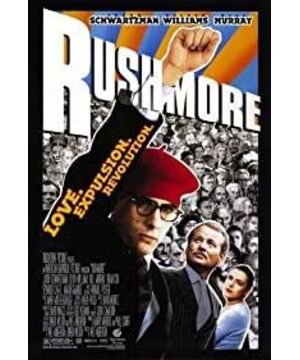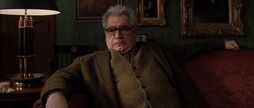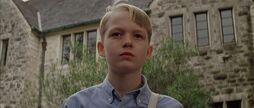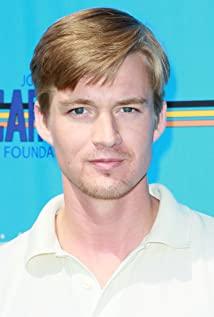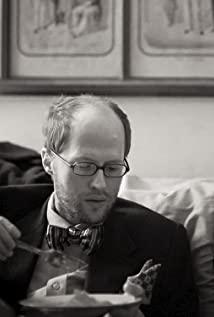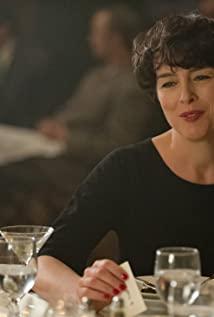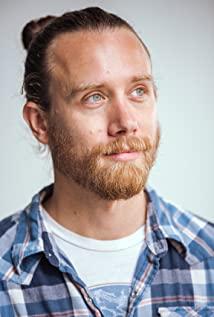Speaking of "favorite shots", the first place to react-the middle-aged uncle jumped off the diving platform, and stayed away in the blue water from his wife who was flirting with others and his son who was playing with others. The posture in the water is like in the mother's womb, curled up and hugging her knees, very childish. At this time, the kid who had been following him also swam over, so the two looked at each other in the water.
A silent conversation between the mother and the three sons began when crossing Darjeeling.
Like his story, children and adults are equal. Max leaned Erlang's legs and negotiated his grades with the principal. Max's little friend was sitting in a chair in the barbershop waiting for him in the posture that looked like a big guy. Several confrontations between Max and his middle-aged uncle when he was fighting for a teacher. Support for Max's drama. The last badge that Max gave to his middle-aged uncle.
I always laugh when I see the gestures of children and the expressions of adults. But if these can make me laugh, does it mean that I am a person whose boundaries between children and adults are already very clear, so I think this is absurd.
Seeing them quarreling over some trivial matters, reconciling some trivial matters, and playing together with two seemingly unconnected people, I would cry. But if these can make me cry, does it mean that I feel that if these are placed in reality, they are too beautiful and too fragile and too impossible.
I like Wes Anderson's perspective on the world. I like the rhythm in the story. He has his own language, a language that can make a plain story gleaming.
View more about Rushmore reviews


